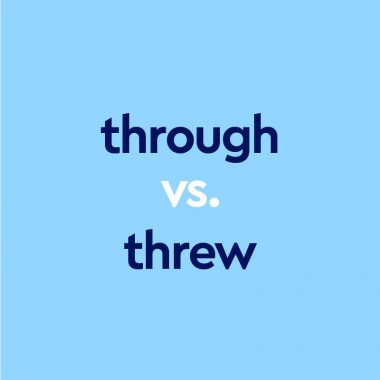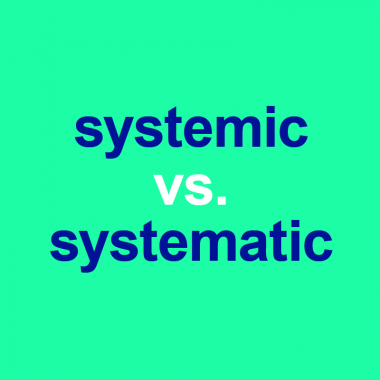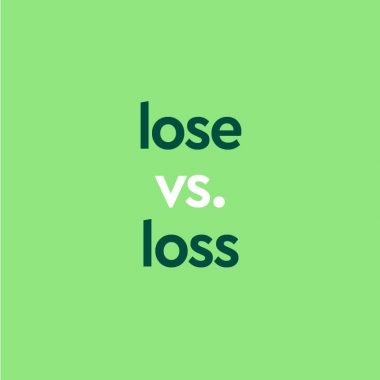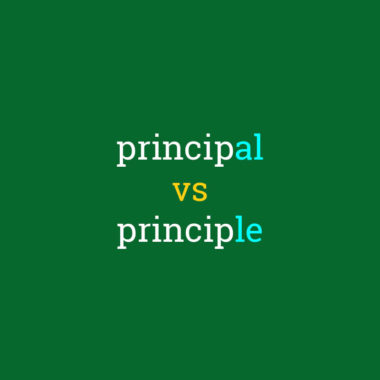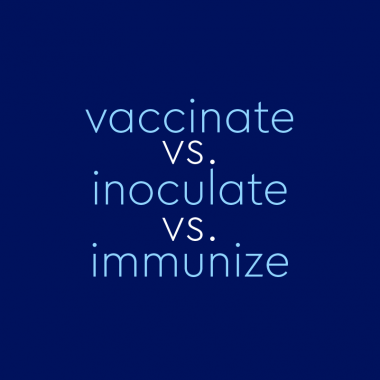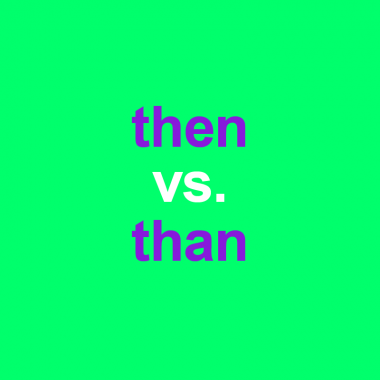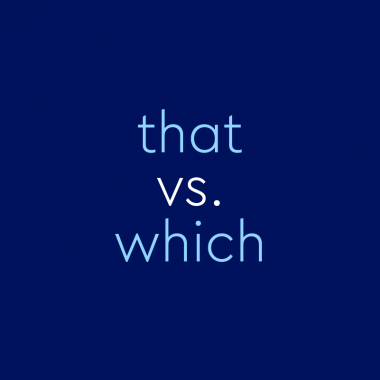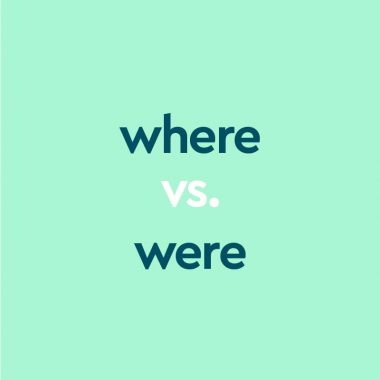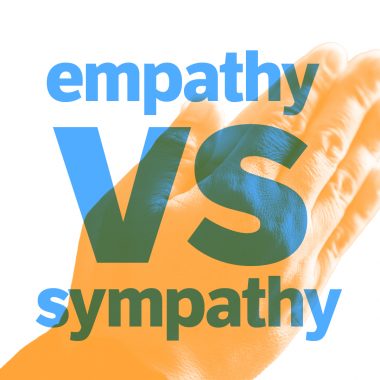“Flair” vs. “Flare”: Learn Their Blazing Differences
Flair and flare have the same exact pronunciation, but they have completely different meanings. One is commonly used in the context of fire, while the other has to do with talent or stylishness. In this article, we’ll explain the difference between flair and flare and provide some example sentences to show how they’re typically used. Flair is always a noun. It’s often used to refer …

